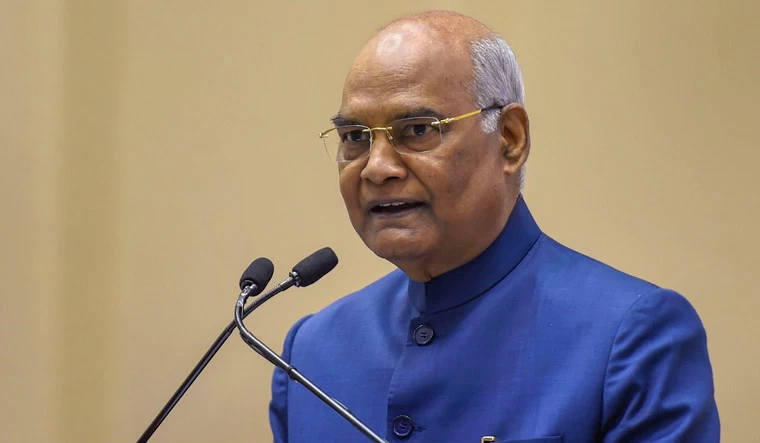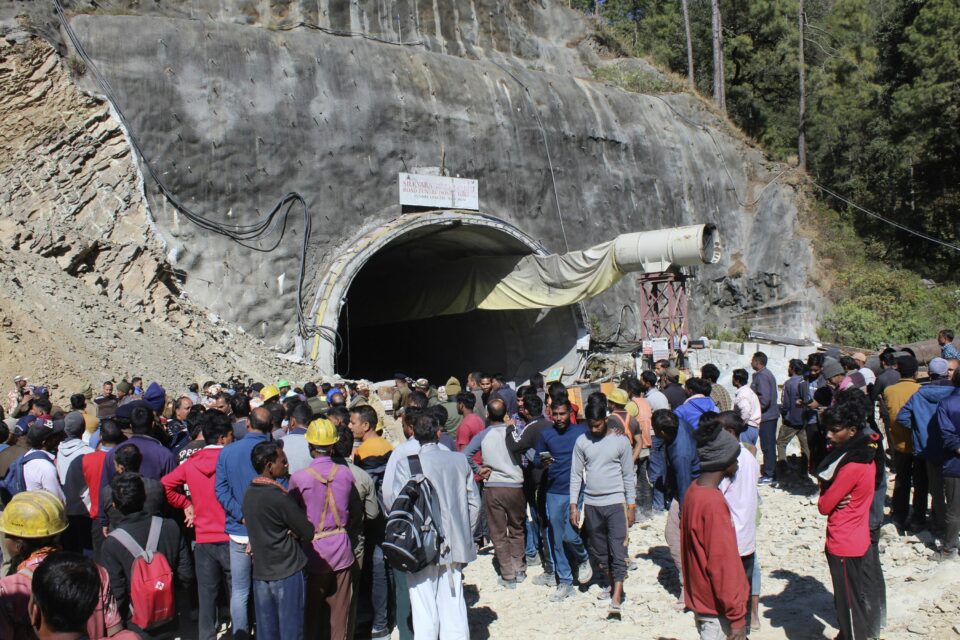Ram Nath Kovind former President stated on Monday night that conducting simultaneous elections would be advantageous for the public, as the saved revenue could be allocated for developmental projects.
Former President Ram Nath Kovind, leading the committee to investigate the feasibility of “one nation, one election,” asserted that organizing simultaneous polls is in the national interest and is devoid of any association with a specific political party. Addressing reporters on Monday night, the former President highlighted the advantages for the public, citing the saved revenue earmarked for developmental initiatives.
He emphasized his plea for cooperation from all political parties, underscoring that this initiative is aligned with national interests and not linked to any particular political group.
Also read: Halal Food Banned In UP
The former president stated, “Numerous committees, including the parliamentary committee, Niti Aayog, and the Election Commission of India, have advocated for the revival of the ‘one nation, one election’ tradition in the country.”
“The government has formed a committee for this purpose, appointing me as its chairman. We are engaging with the public and will provide recommendations to the government on how to reintroduce this tradition,” he mentioned.
Furthermore, it was mentioned that the Committee plans to extend invitations to the Law Commission of India to provide their recommendations and perspectives on the matter.
In recent years, Prime Minister Narendra Modi has been a vocal advocate for the concept of concurrent elections for both the Lok Sabha and state assembly. The assignment of this responsibility to Ram Nath Kovind highlights the government’s commitment to this idea, particularly with numerous elections on the horizon.
As an independent media platform, we do not take advertisements from governments and corporate houses. It is you, our readers, who have supported us on our journey to do honest and unbiased journalism. Please contribute, so that we can continue to do the same in future.


